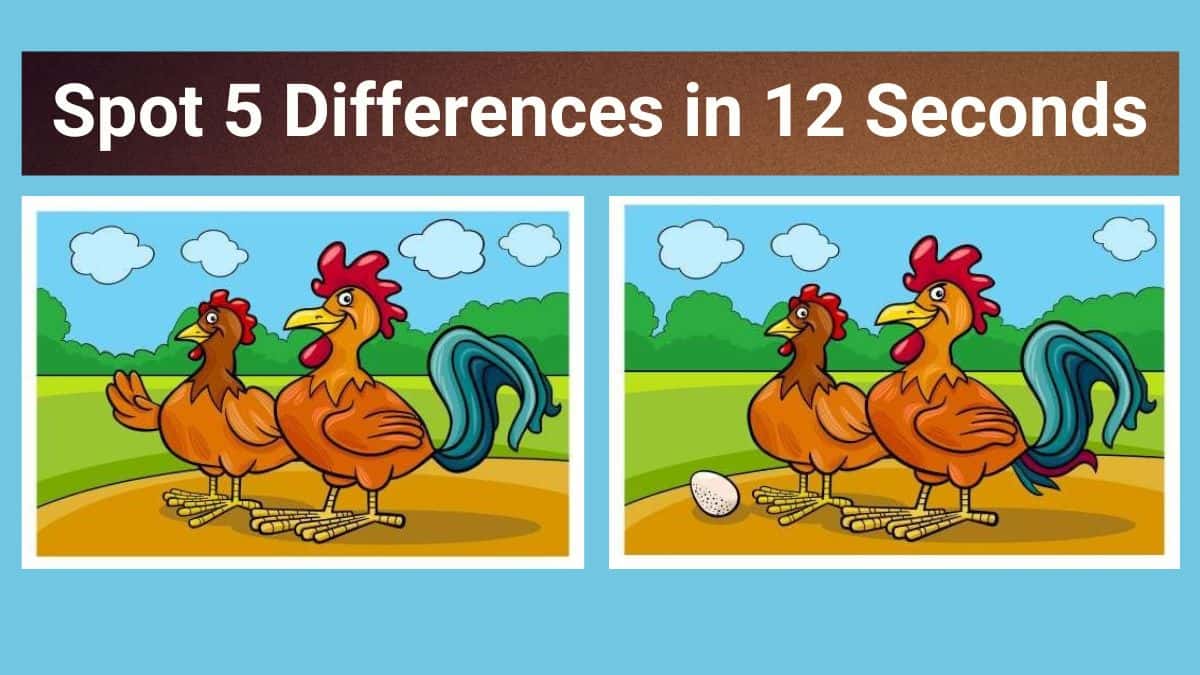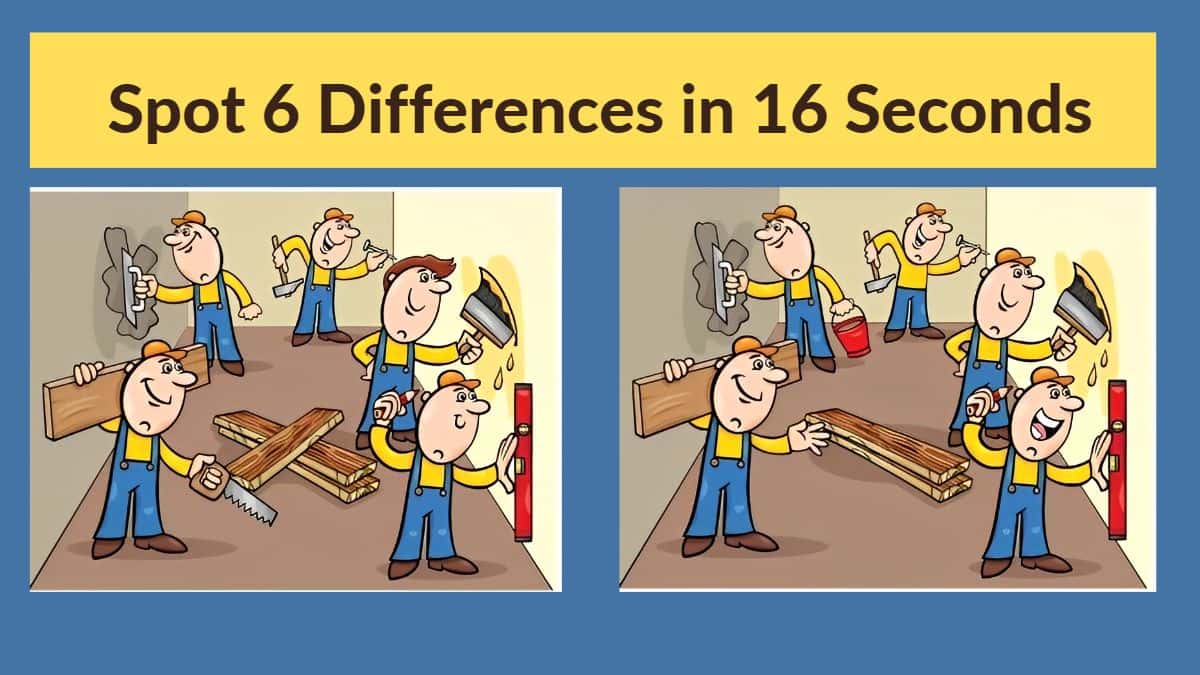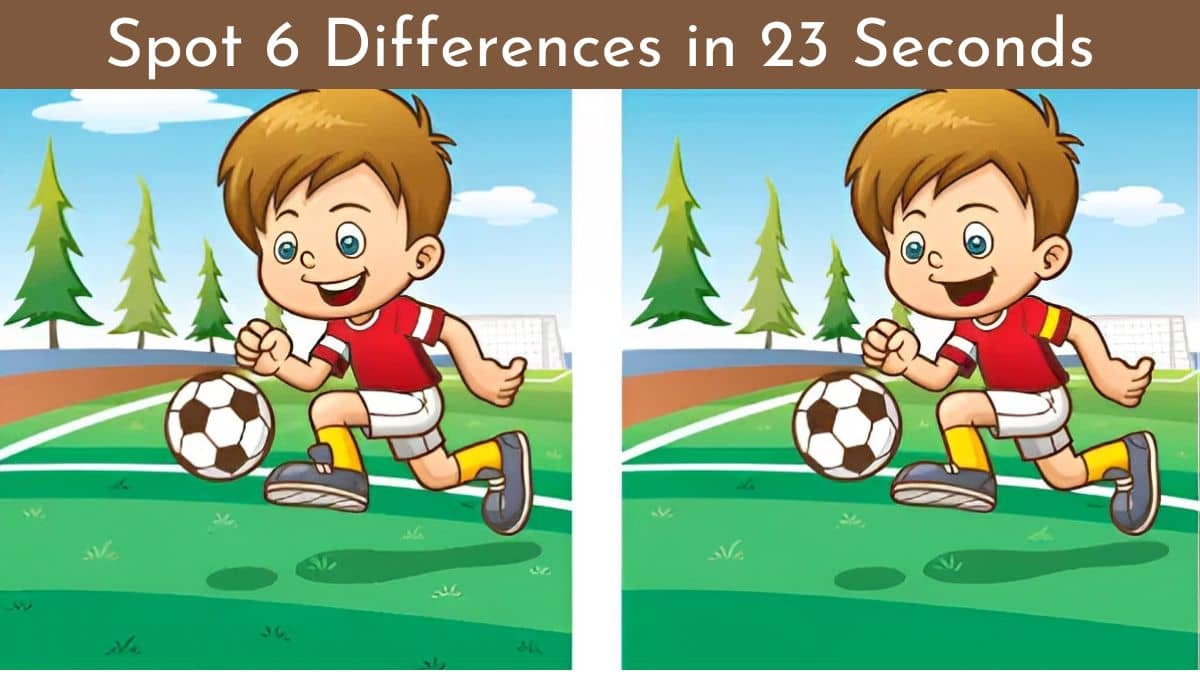Discovering The Key **Difference Between University And College** For Your Future
Choosing where to continue your education can feel like a really big decision, and it's quite common to wonder about the core **difference between university and college**. Many people use these words interchangeably, yet they actually point to distinct types of learning places, each with its own special feel and purpose. Understanding these distinctions is a truly important step, helping you pick a school that truly fits what you hope to achieve and how you like to learn.
You might see schools with "college" in their name and others with "university," and it's interesting, because both types often grant undergraduate degrees, that's for sure. But beneath the surface, there are quite a few things that set them apart. This article is here to help clear up any confusion, giving you a clearer picture of what each institution offers, who they serve, and what kind of experience you can expect, so you can make a truly informed choice.
We'll explore how these institutions differ in their size, the kinds of degree programs they offer, their approach to research, and even the general vibe of campus life. By looking at these aspects, you'll get a better sense of which path might be more suitable for your academic goals and personal preferences, you know, for your career aspirations too. It's about finding the place where you can truly thrive and grow.
- La Boo Boo Doll
- Salvage Hunters Drew Pritchard
- Lee Lucas From Baton Rouge
- Tattoo Artists Near Me
- Sophie Rain Spiderman Video Tutorial
Table of Contents
- Size and Scope: How Big Is Big?
- Degree Programs: What Can You Study?
- Research and Teaching: A Different Emphasis
- Campus Culture and Student Experience
- Resources and Opportunities
- Costs and Outcomes: What to Consider
- Choosing Your Path: Finding the Right Fit
- Frequently Asked Questions About Colleges and Universities
- Making Your Decision
Size and Scope: How Big Is Big?
One of the most immediate ways to spot the **difference between university and college** is by looking at their size and overall scope, it's pretty clear. Colleges, you see, tend to be smaller institutions. They often have a more intimate feel, which can be really appealing if you like a close-knit community. This smaller scale usually means fewer students, perhaps more personal interactions with your professors, and a campus that feels, well, a bit more manageable, too it's almost. This kind of setting can be perfect for those who want a focused approach to their education, where everyone kind of knows everyone.
Universities, on the other hand, are typically much larger places. They often have thousands, sometimes even tens of thousands, of students. This greater size means a much broader range of facilities, more student organizations, and a generally busier, more bustling campus environment. For some, this larger setting offers an exciting sense of independence and a chance to meet people from all walks of life, you know, from many different backgrounds. The sheer scale of a university can also mean more resources are available, which is something to think about.
It's worth noting that some colleges, while keeping "college" in their name, are actually part of much larger universities. These can be really interesting situations, offering a focused undergraduate experience within a broader university system. So, in some respects, the name itself isn't always the only indicator; you really have to look a bit deeper at the structure. This kind of arrangement gives students the best of both worlds, arguably, with a specialized focus but access to vast university resources.
- Red Crab Juicy Seafood
- What Does The Fox Say
- Are Juju Watkins And Jayden Daniels Related
- Who Do You Think You Are I Am
- Filmyfly 4
Degree Programs: What Can You Study?
The type of degree programs offered is another very important **difference between university and college**. This aspect really shapes your academic journey and what you can ultimately achieve. Colleges typically focus on undergraduate education, which means they primarily offer bachelor's degrees, and sometimes associate degrees. Their curriculum is often designed to provide a strong foundation in a particular field, preparing students for entry-level careers or further study, you know, after they finish.
Undergraduate Focus at Colleges
At a college, the emphasis is often very much on teaching and providing a solid undergraduate experience. This can mean smaller class sizes, more direct interaction with faculty members, and a curriculum that's truly geared towards helping students master their chosen subject at the bachelor's level. They might offer a limited, yet deep, range of degrees, which can be great for students who know exactly what they want to study and appreciate a more concentrated academic path, that's for sure. For instance, a liberal arts college will focus on humanities, social sciences, and natural sciences, giving students a broad education before they specialize.
Broader Offerings at Universities
Universities, by contrast, offer a much wider array of degree programs. They don't just stop at undergraduate degrees; they also provide extensive graduate programs, including master's degrees and doctoral degrees. This means you can often pursue your education from a bachelor's all the way through to a Ph.D. at the same institution, which is quite convenient for some. The breadth of programs at a university often covers many more disciplines, from engineering and medicine to law and business, giving students a vast landscape of choices, more or less.
This broader scope means that universities often have multiple "colleges" or "schools" within them – like a College of Arts and Sciences, a School of Engineering, or a Business School. Each of these internal divisions might function a bit like a smaller college itself, but they all operate under the larger university umbrella. So, in a way, you get the specialization of a college combined with the extensive resources and opportunities of a university, which is actually a really good point to consider.
Research and Teaching: A Different Emphasis
The core mission and emphasis on either teaching or research is another key **difference between university and college**. Colleges, especially those focused solely on undergraduate education, often place a very strong emphasis on teaching. Their faculty members are primarily there to educate students, and the curriculum is designed to support that goal. This can mean professors spend more time directly with students, offering mentorship and guidance, which is quite valuable for many learners, you know.
Universities, however, typically have a dual focus: both teaching and research. While they certainly provide excellent teaching, a significant part of their mission involves conducting cutting-edge research across various fields. This means professors at universities are often active researchers, publishing papers, securing grants, and contributing new knowledge to their disciplines. Students, particularly at the graduate level, often get opportunities to participate in this research, which can be an incredible experience, that's for sure.
This research focus at universities means that the institution often has state-of-the-art laboratories, extensive libraries, and specialized research centers. These resources are there to support the faculty's scholarly work, but they also benefit students who are interested in deeper academic inquiry. Undergraduate students at universities might also find opportunities to get involved in research projects, working alongside professors, which can be a real boost for their future academic or career paths, arguably.
Campus Culture and Student Experience
The general atmosphere and student experience can vary quite a bit, reflecting another **difference between university and college**. At a college, particularly a smaller one, the campus culture often feels more intimate and community-oriented. Students might know more of their classmates and professors personally, leading to a strong sense of belonging. There might be a greater emphasis on campus traditions and a more cohesive student body, you know, like a big family.
Universities, because of their larger size and broader scope, often offer a more diverse and varied campus culture. There are typically many more student organizations, clubs, and activities catering to a wider range of interests. This can be fantastic for students who want to explore different passions, meet people from all over the world, and enjoy a vibrant social scene. However, with more people, it can sometimes feel a little less personal, or so it might seem to some, especially at first.
The student body at a university is usually more diverse in terms of age, background, and academic interests, too it's almost. You'll find undergraduate students, graduate students, and often international students, all contributing to a rich mix of perspectives. This can create a really dynamic learning environment, both inside and outside the classroom. Colleges, while still diverse, might have a student body that is more homogenous in terms of age, primarily focusing on traditional undergraduate students, that's just a little bit different.
Resources and Opportunities
When you consider the resources and opportunities available, you'll again see a notable **difference between university and college**. Universities, due to their larger scale and often higher funding, typically boast a more extensive range of resources. This can include larger libraries with vast collections, advanced technological infrastructure, more specialized academic support services, and a greater number of athletic and recreational facilities. They often have more career services, offering a wider network of alumni and potential employers, which is very helpful, you know.
Colleges, while perhaps having fewer resources in sheer volume, often excel at providing personalized support. Their smaller size can mean that resources, like academic advising or tutoring, are more easily accessible and tailored to individual student needs. The focus might be on making sure every student gets the attention they require to succeed, which is a very valuable aspect for many. It's not about quantity, but often about the quality and accessibility of support, which is actually pretty important.
Both types of institutions work hard to provide a supportive environment, but the way they do it can vary. A university might have a dedicated department for every kind of student need, from mental health services to writing centers, whereas a college might have a more integrated approach, where faculty members play a larger role in student support. So, in some respects, it's about what kind of support structure you feel would suit you best, more or less, for your academic and personal journey.
Costs and Outcomes: What to Consider
When thinking about your future, the costs involved and the potential career outcomes are definitely big factors, and they can show another **difference between university and college**. The cost of attendance, including tuition, fees, housing, and living expenses, can vary widely between institutions of both types. It's not always a clear-cut case of one being inherently more expensive than the other, as private colleges can be quite costly, and public universities can also have substantial out-of-state tuition, that's for sure. It's really about doing your research for specific schools, honestly.
Regarding career outcomes, both colleges and universities prepare students for successful futures. Colleges, with their focused undergraduate education, often produce graduates who are well-prepared for entry-level positions in their chosen fields or for continuing their education at a graduate school. The strong foundational knowledge and often personalized guidance can be a real asset. They might have strong local or regional networks, which is very beneficial, you know.
Universities, with their broader range of programs and research opportunities, can open doors to a wider array of career paths, including those requiring advanced degrees. Their larger alumni networks and connections to various industries can be quite extensive. Students might find opportunities for internships or research positions that lead directly to specialized careers. Ultimately, the "best" outcome really depends on your individual goals and what you hope to achieve after graduation, that's the main thing to remember.
Choosing Your Path: Finding the Right Fit
Deciding between a college and a university is a truly personal choice, and it’s about finding the place that truly aligns with your unique academic and personal goals, you know. There's no single "better" option; it's about what works best for you. To help you make this important decision, consider a few key questions. Think about the kind of learning environment where you feel you would truly thrive, that's a good starting point.
If you prefer a smaller, more intimate setting with a strong focus on undergraduate teaching and a close-knit community, a college might be a really good fit. You might appreciate the personalized attention from professors and the sense of belonging that often comes with a smaller student body. This environment can be very supportive for students who value direct mentorship and a focused curriculum, that's just a little bit more common at colleges, actually. Learn more about choosing the right school on our site.
On the other hand, if you are drawn to a larger, more diverse environment with a vast array of academic programs, extensive research opportunities, and a bustling campus life, a university could be your ideal choice. You might enjoy the independence, the chance to explore many different subjects, and the access to cutting-edge research facilities. This setting can be incredibly stimulating for those who want a broad range of experiences and opportunities for advanced study, which is really something to consider, too it's almost. Compare the advantages and disadvantages of each type of institution to help you decide.
Frequently Asked Questions About Colleges and Universities
Many prospective students and their families have common questions about these two types of institutions. Here are a few that come up quite often:
Are colleges and universities accredited differently?
No, not really. Both colleges and universities in the U.S. need to be accredited by recognized accrediting agencies to ensure the quality of their education. The accreditation process is similar for both types of institutions. It's always a good idea to check the accreditation status of any school you are considering, regardless of whether it's a college or a university, that's for sure. This helps ensure that your degree will be recognized and valued, you know, for your future.
Do colleges only offer undergraduate degrees?
While colleges often emphasize undergraduate education, it's not strictly true that they *only* offer undergraduate degrees. Many colleges do have some graduate programs, particularly master's degrees in specific fields. However, their primary focus and the bulk of their student body are typically at the undergraduate level. Universities, by contrast, are known for their comprehensive offerings across both undergraduate and extensive graduate programs, that's the main **difference between university and college** here, actually.
Is one type of institution generally more expensive than the other?
Not necessarily. The cost of attending a college or a university can vary greatly depending on whether it's a public or private institution, its location, and its specific programs. Some private colleges can have very high tuition rates, while some public universities, especially for out-of-state students, can also be quite expensive. Conversely, there are affordable options in both categories. It's really important to research the specific costs for each school you are interested in and consider financial aid options, too it's almost. You can find more information about federal student aid options to help with costs.
Making Your Decision
Ultimately, while both colleges and universities provide valuable higher education, there are some really key differences between the two, as we've explored. Thinking about the program offerings, the degree levels, the campus environment, and even the research focus can truly help you narrow down your choices. It's about looking at your own goals and what kind of learning journey you envision for yourself, you know, for the next few years.
Take your time to consider these aspects. Think about whether you prefer a smaller, more focused academic community or a larger, more diverse institution with a wide range of opportunities. Your choice will shape not just your education, but also your personal growth and future career path. It's a big step, but with a bit of thought, you can definitely find the perfect place to learn and grow, that's absolutely true. Remember to visit campuses if you can, and talk to current students and faculty, too, to get a real feel for each place.
- Shu Jiao Fu Zhou
- How To Bake A Sweet Potato
- Another Word For And
- Los Cerritos Mall Cerritos
- 10 Sibling Entire Wayans Brothers Family

Spot The Difference: Can you spot 5 differences between the two

Spot The Difference: Can you spot 6 differences between the two images

Spot The Difference: Can you spot 6 differences in 23 seconds?